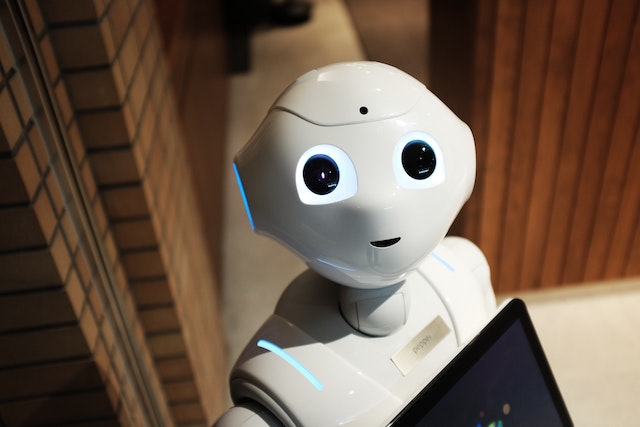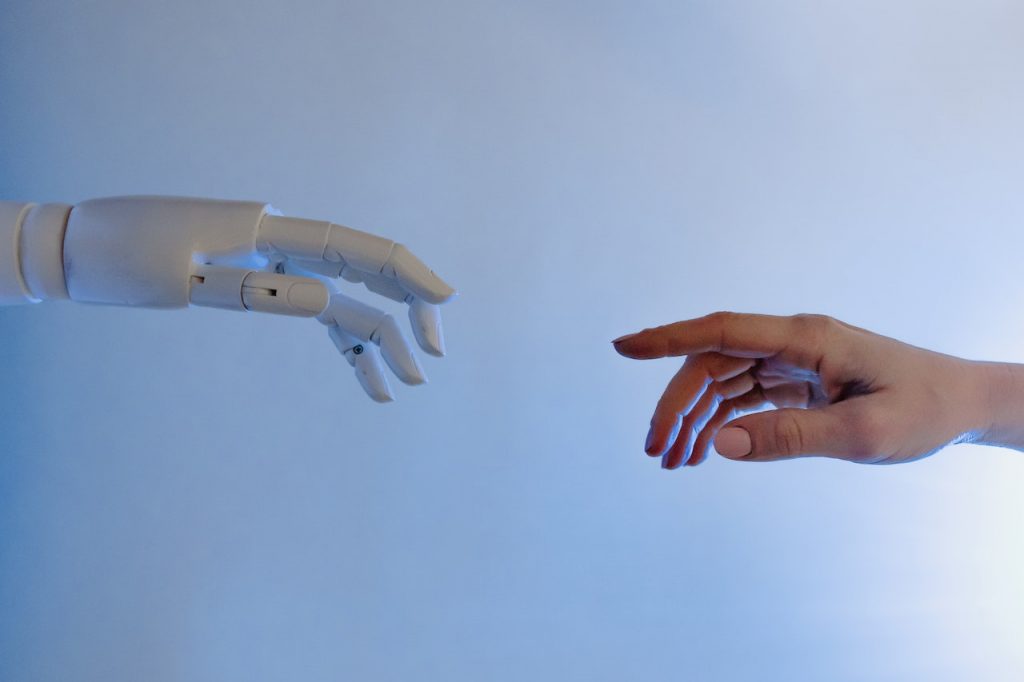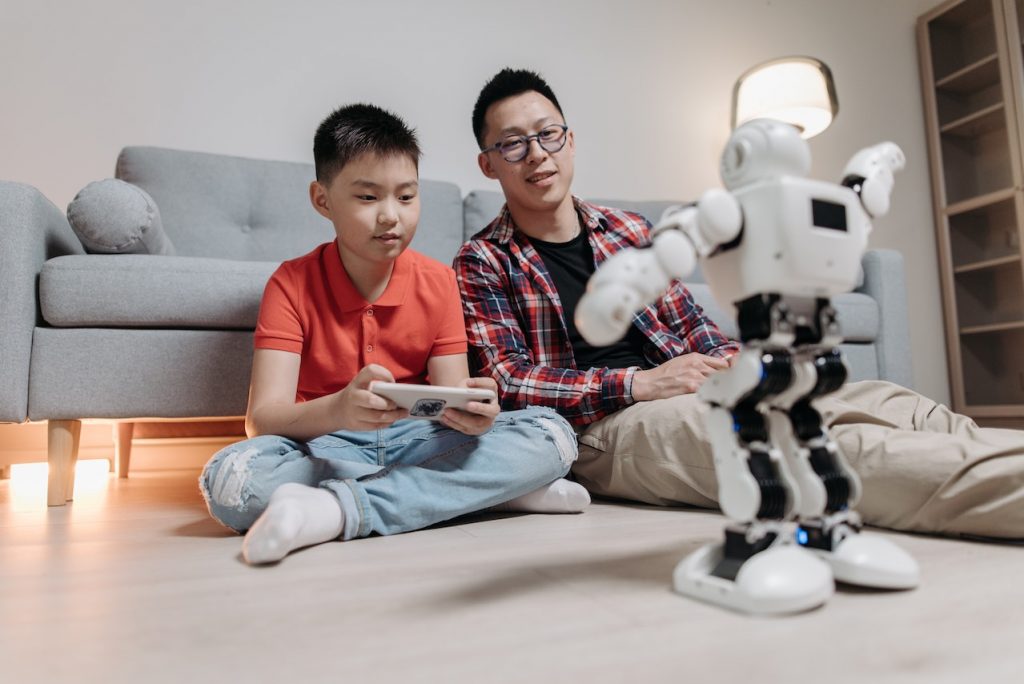
Robots: The Future of Psychological Assistance
As technology continues to advance, robots are increasingly playing a significant role in various industries. Beyond their traditional applications in manufacturing and automation, robots are now entering the realm of psychological assistance. Particularly in the context of elderly care, robots are being used to provide companionship, reduce stress, and offer therapeutic support. This blog will explore how robots are shaping the future of psychological assistance, with a focus on their impact in old-age homes, where human connection and support are crucial.

The Rise of Robot Companions
Old-age homes, especially in countries like Japan, are embracing the use of robots as companions for the elderly. With a rapidly aging population and limited human resources, these robots provide companionship and emotional support to the residents. They can engage in conversation, play games, and even offer personalized reminders for medication or daily routines. The presence of robot companions helps alleviate feelings of loneliness and isolation among the elderly, fostering a sense of companionship and emotional well-being.
Addressing Social Isolation
In many societies, social isolation has become a growing concern, particularly among older adults. Robots are stepping in to fill the gaps and provide social interaction for individuals who may have limited opportunities for human contact. By engaging in meaningful conversations and activities, robots can create a sense of connection, reducing feelings of loneliness and enhancing mental well-being. The ability to engage in interactive dialogue and provide emotional support allows robots to serve as a valuable source of companionship.

Therapeutic Applications of Robots
Robots are also being utilized in therapeutic settings to assist individuals with psychological disorders and emotional challenges. For example, in the field of autism therapy, robots have shown promise in helping children improve their social and communication skills. These robots provide a non-judgmental and predictable environment for therapy sessions, allowing individuals to practice social interactions and develop crucial emotional and cognitive skills.
Personalized Care and Assistance
Robots designed for psychological assistance can be programmed to adapt to the unique needs and preferences of individuals. Through advanced algorithms and machine learning, these robots can learn and remember personal details, preferences, and interests. This personalized approach enables robots to offer tailored activities, conversations, and support, creating a sense of familiarity and comfort for the individuals they assist.
Ethical Considerations and Limitations
While the integration of robots in psychological assistance brings numerous benefits, it is essential to address ethical considerations. It is crucial to strike a balance between human connection and the use of robots. Robots should never replace human interaction entirely, but rather complement it. Additionally, ensuring the privacy and security of personal information is paramount when using robots for psychological assistance.

Conclusion
Robots are undoubtedly shaping the future of psychological assistance, particularly in the realm of elderly care. In old-age homes, where human connection and support are essential, robots provide companionship, reduce loneliness, and enhance emotional well-being. However, it is crucial to remember that robots should never replace the value of human interaction and compassion. By striking a balance and leveraging the unique capabilities of robots, we can create a future where psychological assistance is enhanced, and individuals receive the support they need for improved mental health and overall well-being.